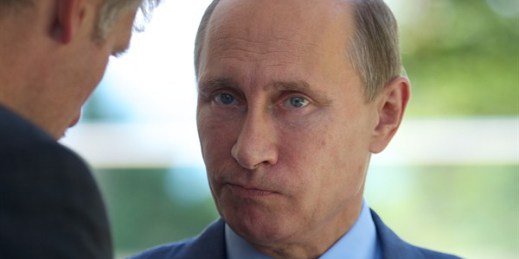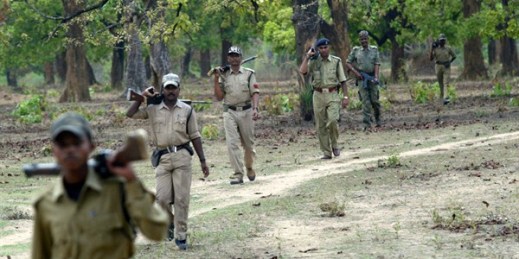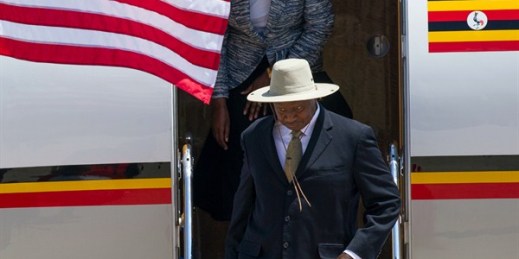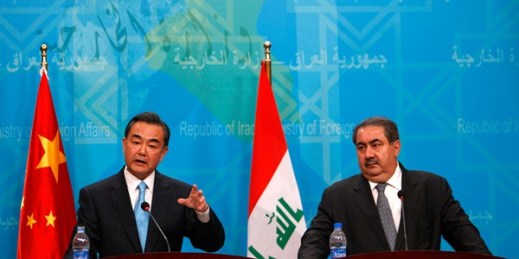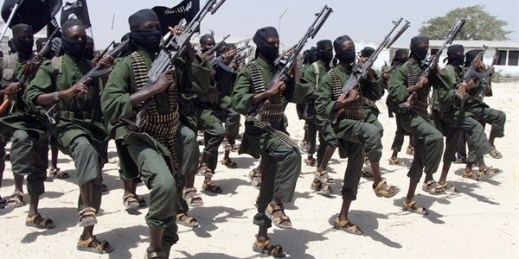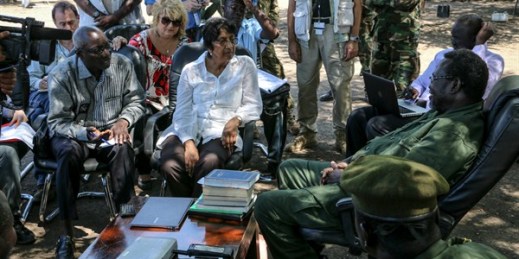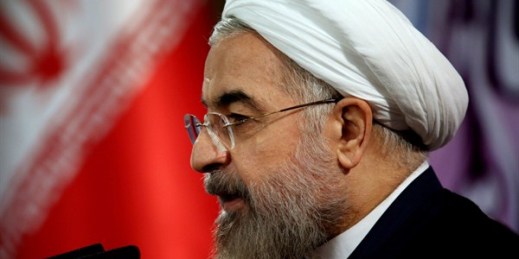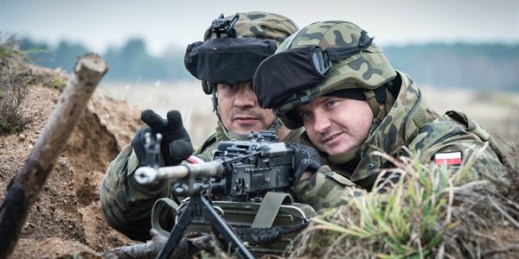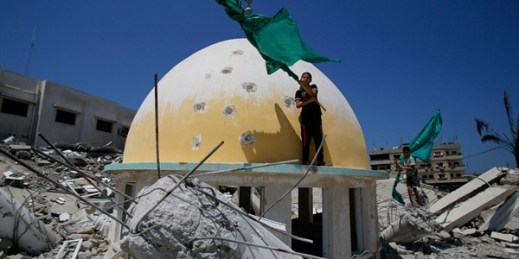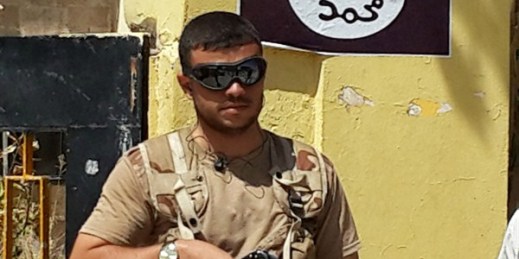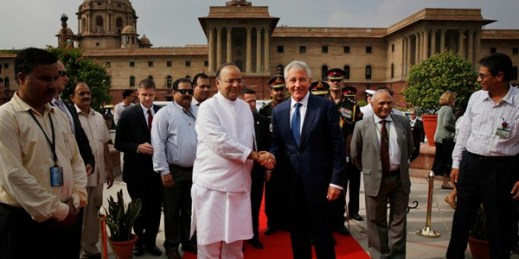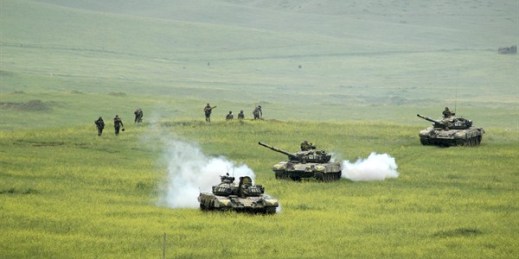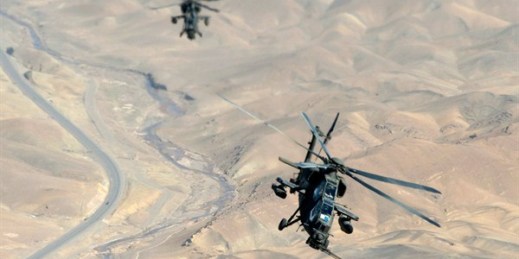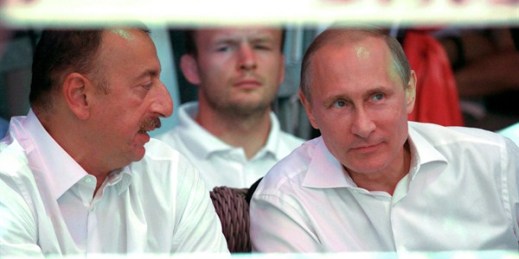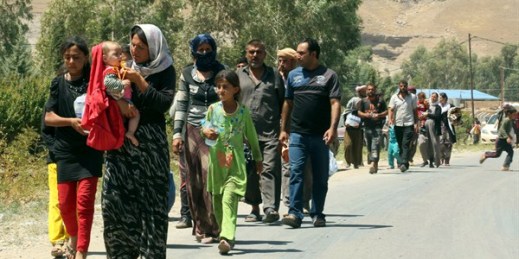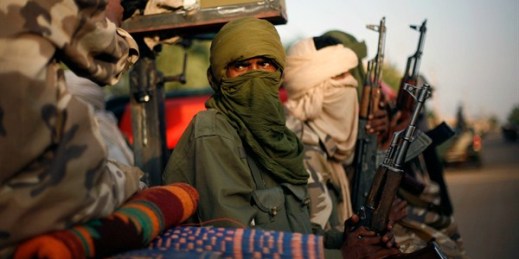
Tuareg rebels and Malian government officials have begun meeting in Algeria to try and hammer out the terms of a lasting peace in northern Mali. In July, the parties signed a road map deal that paved the way for talks on a wide array of political and security issues. In September, they will return to the Algerian capital for three weeks of negotiations. But so far, the prospects for peace look slim with so many divisions among rebel groups. The Algeria talks take the place of the 2013 Ouagadougou peace accord signed in neighboring Burkina Faso, which had allowed government […]

